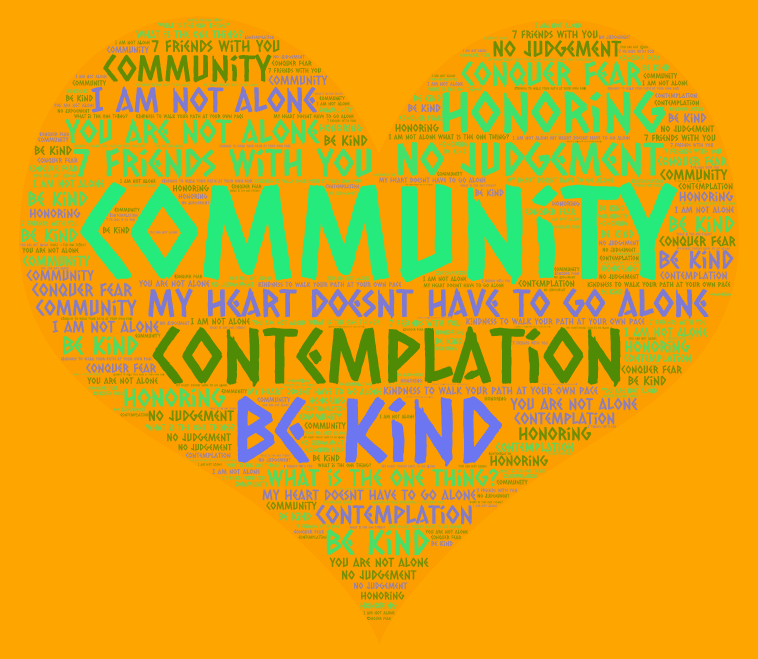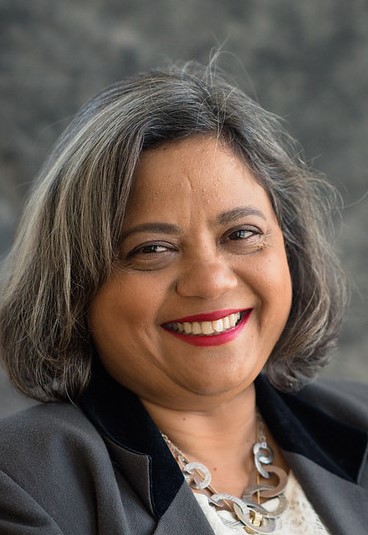
We are not #allinittogether. Some of us have more and some of us have less and some of us have nothing. We all have different levels of social capital and social networks to help us tide through difficult circumstances. We all have different kinds and levels of privilege or lack thereof due to entrenched structural realities. We all have different types of jobs that allows us to work from home during the pandemic or not. Impact of Covid-19 affects folks differently based on your zip code and where you live. Recession has almost ended for high wage workers while low wages jobs continue to be lost. For more data on how Covid-19 impacts black, brown, and low wage communities, check this report.
Regardless of the material differences among us, all of us are biologically wired for relatedness and community. Scientists like Daniel Siegel argues that the primary function of our brains is connection rather than thinking and that we are wired to connect and mirror other people’s emotions causing emotional contagion. Neuroeconomist – yes, that is a field – Paul Zak has researched and written about the role of oxytocin, a bonding hormone. His TED talk is here. Even though the role of oxytocin in solely promoting positive emotions has been challenged, there is general agreement that high levels of cooperation afforded many benefits to our ancestors in the evolutionary race.
The vital role that connection plays in our individual and collective well-being is borne out by the reports of increased mental distress during the pandemic across the world. There is an increasing concern about suicide among children and researchers emphasize that suicide prevention during Covid-19 times should be a public health consideration. It is well-known that poverty affects mental health via various social and biological mechanisms at multiple levels including individual, family, community, and even nation. While it is absolutely essential to increase access to healthcare at macro level in terms of policy decisions, I want to draw our attention to the key community level mediators most of which are related to a sense of collective efficacy, safety, peer influences, social networks and reduction of social isolation.
In her work, UCLA Social Psychologist Dr. Shelley Taylor has built the ‘Tend and Befriend’ theory that draws attention to the human, especially female tendency to engage in prosocial behaviors during times of threat and stress. Similarly, in my decades long work on radical social change in most financially and materially challenged post-colonial contexts, a common theme that kept coming up was the collective well-being and connectedness – tend and befriend. The same theme showed up in my most recent retreats on Mindfulness and Resilience – Building Back Better. People seek connection. In that none of us is alone.
I want to close with a poem that we read as a collective during the retreat. This poem is named Jenga – Conqueror (named after the poet) from “the first free women: Poems of the Early Buddhist Nuns,” a recent translation by Matty Weingast (Shambhala Publications)
To walk this Path,
you will need seven friends –
mindfulness, curiosity,
courage, joy,
calm, stillness,
and perspective.
These seven friends are within us. We are never alone. With these seven friends, may we all reach out, tend, and befriend a beloved community to nurture us and provide succor. It is essential for our survival and sanity.
If you want to download a FREE E-Book on Mindfulness and Resilience, please share your email on the subscribe box and the book will automatically hit your inbox.

My research, practice, and teaching is centered on radical change for a better world – both outer and inner worlds. Radical change involves challenging the taken-for-granted fundamental assumptions about our mental models, organizational priorities and social systems. I use mindfulness and contemplative engagement as a methodology for generative change. I am a professor at the New School in New York City.

Be First to Comment